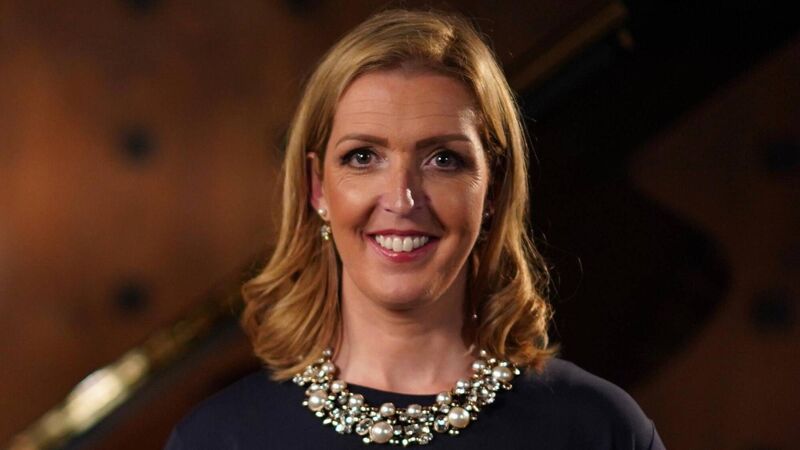Clodagh Finn: Fifteen lessons I learned from Vicky Phelan in her too-short life

Vicky Phelan used her voice not just to
challenge, but to rock the system, and
she left behind a considerable legacy. Picture: RTÉ
Try from €1.50 / week
SUBSCRIBE
Vicky Phelan used her voice not just to
challenge, but to rock the system, and
she left behind a considerable legacy. Picture: RTÉ
I re-read Vicky Phelan’s memoir Overcoming after hearing of her death on Monday. I wanted to compile an inventory of what she did and, more importantly, of what she urged us — the women of Ireland — to do.
I will print out this guide of sorts and tape it to my fridge door as a reminder of how one woman overcame so much adversity to make Ireland a better place. She used her voice not just to challenge, but to rock the system. And she left behind a considerable legacy.
Already a subscriber? Sign in
You have reached your article limit.
Annual €130 €80
Best value
Monthly €12€6 / month
Introductory offers for new customers. Annual billed once for first year. Renews at €130. Monthly initial discount (first 3 months) billed monthly, then €12 a month. Ts&Cs apply.
CONNECT WITH US TODAY
Be the first to know the latest news and updates
Newsletter
Sign up to the best reads of the week from irishexaminer.com selected just for you.

Select your favourite newsletters and get the best of Irish Examiner delivered to your inbox
Saturday, February 7, 2026 - 9:00 PM
Saturday, February 7, 2026 - 9:00 PM
Saturday, February 7, 2026 - 11:00 PM
© Examiner Echo Group Limited